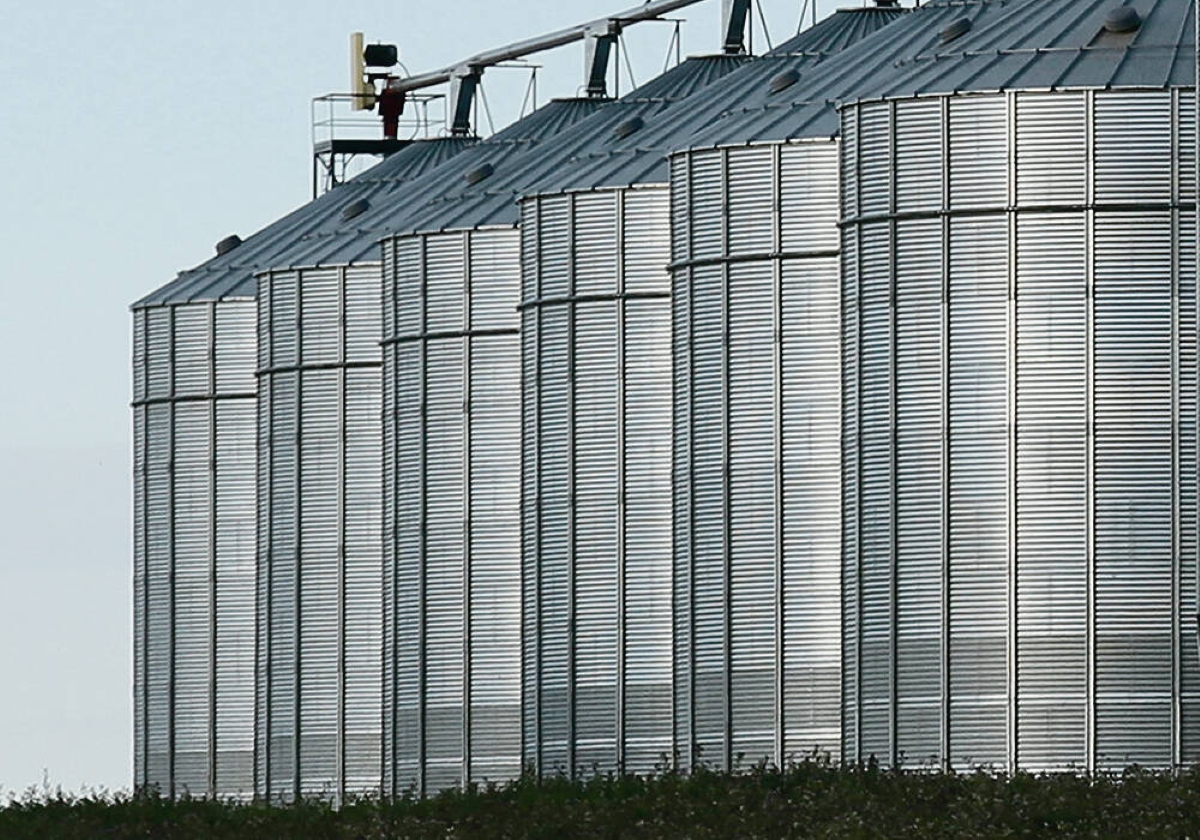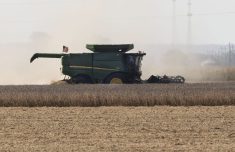Farmers of North America says the new privatization and sale of the CWB will not improve competition in the Canadian grain industry, or reduce large basis levels being charged farmers.
FNA feels there are several questions that have gone unanswered in the sale of the majority stake in the former Canadian Wheat Board.
- Will farmers earn more from a non-farmer ownership stucture?
- How are farmer interests ensured when there could be favoured buyer transactions potentially taking place due to the ownership structure?
- When farmers don’t have access to CWB delivery points how can they re-earn their share of farmer equity?
- Will eastern farmers earn equity when delivering to those delivery points?
- What structure is there to ensure that farmers will earn and be paid dividends on their equity in a timely manner?
- Can the CWB ensure that farmers will have the ability to delivery seven million tonnes of grain annually? If not what happens to the farmer equity deal and what information will be made public?
- Can farmers invest more equity if there is growth of the CWB? Can farmers influence that growth or the CWB’s policies?
- Growth and competitiveness has been a goal of this deal, according the federal government. Will the CWB avoid mergers and acquisitions as a result?
Read Also

Grain trader Bunge lowers 2025 profit forecast after closing Viterra deal
U.S. grain trader and processor Bunge on Wednesday lowered its 2025 earnings forecast following its merger with Viterra, and said it is overhauling segment and volume reporting to align with its integrated operations.
The privatization of the CWB might have had a different outcome without the various suitors that courted former public grain marketer.
James Mann of Farmers of North America feels the deal to sell just over 50 percent of the CWB to Saudi government and Bunge corporate interests was shaped by FNA’s offer.
The CWB sale allows for western Canadian farmers to hold 49 percent of the company, based on farmer deliveries to the CWB.
Mann says the balance of the sale might be wrong, however, as he feels the majority of shares would be better in farmers’ hands.
The grain importer as equity partner, owning part of the Canadian farm commodities complex has merit, says Mann.
He said the $250 million valuation was less than FNA’s plan would have generated over time.
Despite FNA’s critical view of the deal, Mann is still seeking an business opportunity that would pair FNA’s Genesis Grain and Fertilizer crop nutrients distribution project with the CWB.
















